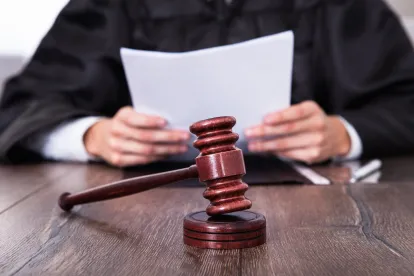Security guards are employed at a number of locations to provide protection to both businesses and customers. These include retail stores, malls, night clubs, hospitals, and stadium type venues. In addition, guards are often used in apartment complexes and even in private subdivisions to prevent and report criminal activity in those areas.
While guards can provide safety and deter criminal activity, there are situations when the guard causes harm and even death to a person. In these circumstances, the injury victim can pursue a civil lawsuit against the guard. These cases can result in significant compensation.
In addition, these guards are usually employed by security firms that are hired by the business, rather than being directly employed by the companies themselves. These firms have a legal duty to properly screen guards, including criminal history checks, before assigning them to a location. A security firm can be held liable if a guard harms or injures someone while on duty.
There are different types of personal injury lawsuits that can be filed against a security guard and a security company. This includes civil claims ranging negligent acts and omissions to cases arising from intentional acts. Some of the most common types of claims are an assault and battery, general negligence, and false imprisonment.
An assault and battery from a beating, use of weapon, or other physical action that constitutes the use of excessive force. A security guard should be very limited in the use of any force and should contact the appropriate law enforcement agency if any force is needed. The use of a taser, firearm, or even a flashlight to inflict injury is typically impermissible. The guard does not have the same constitutional right to justify the use of force as a law enforcement official.
A security guard may also be sued for the failure to prevent injury or harm to a customer or person lawfully on the premises. A security guard that does not take action to protect a person in danger may be deemed negligent. Likewise, a guard that puts a person in a position of peril, such as forcing them to leave a bar when a probable assault will occur in the parking lot, can be deemed negligent.
Further, a security that unlawfully confines a person can be liable under a theory of false imprisonment. A private guard generally cannot prevent a person from leaving the premises or confine a person to a specific area. Generally, only a police officer or similar situated person can take action to keep a person from leaving except for special circumstances.
Another potential cause of action is against the business itself. When a security guard is acting on behalf of a business, it may be liable for injuries as well. Many security guard lawsuits name the guard, the security firm, and the business that hired them to protect the property.
Finally, many security guards are actually off-duty police offers who are “moonlighting” after hours to make some extra money. Many businesses like to hire these officers for security, especially at bars and nightclubs. There are circumstances in which the police department can also be sued when a police officer is working off duty as a security guard, even though not acting under the color of law.
However, to hold the police department liable there must be some evidence that the officer was acting under color of law at the time of the incident. Factors include whether the officer was wearing a uniform and badge, had identified as a police officer, or actually effectuated an arrest or detention while moonlighting as a security guard. These claims can be difficult to win but may be worth asserting if the injuries and damages merit the naming of the municipality.




 />i
/>i

